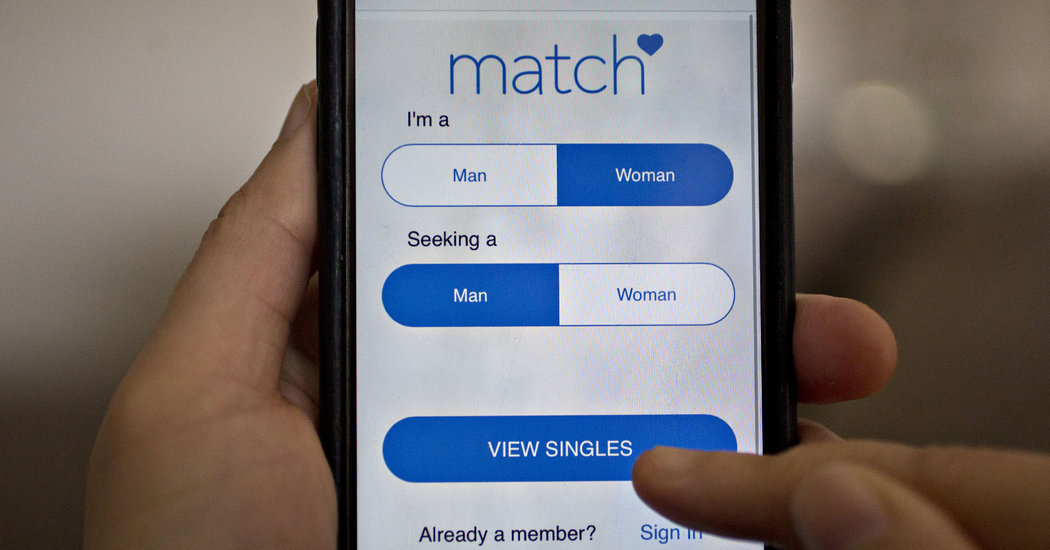
The Federal Trade Commission sued the company behind the dating site Match.com on Wednesday, saying it had used fake advertisements in an attempt to swindle hundreds of thousands of consumers into buying subscriptions.
According to the complaint against Match Group Inc., which was filed in the United States District Court for the Northern District of Texas, Match.com has employed “five deceptive or unfair practices” since 2013 to get consumers to subscribe to the site or to keep them subscribed.
The trade commission also said Match.com had offered false promises or guarantees and failed to provide recourse for consumers who were unsuccessful in disputing charges. The site also made it difficult for consumers to cancel subscriptions, according to the lawsuit.
“We believe that Match.com conned people into paying for subscriptions via messages the company knew were from scammers,” Andrew Smith, the director of the trade commission’s Bureau of Consumer Protection, said in a statement.
Match Group, whose headquarters are in Dallas, owns Tinder, OkCupid and other dating sites in addition to Match.com. On Wednesday, shares in the company retreated and rebounded on news of the trade commission’s lawsuit.
Match Group said in a statement, “The FTC has misrepresented internal emails and relied on cherry-picked data to make outrageous claims and we intend to vigorously defend ourselves against these claims in court.”
The company said that the F.T.C. was overstating the impact of fraudulent accounts and that Match did not have data that supported the agency’s claims. It also said that the majority of scams the trade commission had cited were spam, bots or other users on the site.
Match allows consumers to create free profiles on Match.com, but prohibits them from responding to messages without a paid subscription. The trade commission’s lawsuit contends that Match.com sent emails to consumers with free accounts that suggested someone was interested in them.
One example the F.T.C. offered was an ad that read: “He just emailed you! You caught his eye and now he’s expressed interest in you … Could he be the one?” The ads encouraged users to subscribe so they could see the identity of the person.
According to the F.T.C.’s complaint, Match’s analysis found that from June 2016 to May 2018, consumers had purchased 499,691 subscriptions within 24 hours of receiving a fake ad.
“Online dating services obviously shouldn’t be using romance scammers as a way to fatten their bottom line,” Mr. Smith said.







